Fish oil supplements is frequently advised for cats because they contain beneficial lipids that help keep their skin and coat in good condition. However, not all fish oils are created equal, so it’s critical to pick one designed specifically for cats. Salmon, sardines, and herring are among the healthiest fish oils for cats.
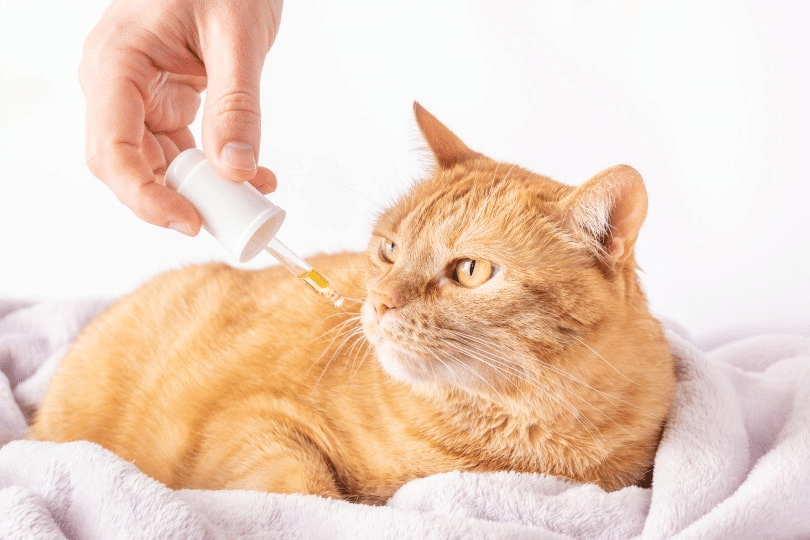
Source: google.com
Why Do Cats Need Fish Oil?
Giving Kitty a fish oil supplement is a preventative measure against various ailments.
Fish oil not only promotes a sleek and shiny coat but is also a natural way to improve the skin health of cats.
More significantly, fish oil and the Omega 3 fatty acids contained within it strengthen your cat’s immune system and prevent inflammation.
Fish oil is a natural fighter against numerous ailments, including allergies, asthma, gastrointestinal diseases like inflammatory bowel disease, arthritis, immune system diseases, and cancer.
Because your cat cannot synthesise Omega 3 fatty acids on her own, we supplement with fish oil.
The Dangers of Giving Fish Oil to Cats
However, there are certain drawbacks to using fish oil supplements.
Even the most incredible catfish oil can cause allergic responses and interfere with Kitty’s blood platelet synthesis.
Remember that fish oil – or canned fish – has little nutritional value for cats.
Nonetheless, such treats are high in empty calories and increase the risk of obesity. There is also the possibility of heavy metal poisoning in some circumstances.
Before using a fish oil supplement, talk to your veterinarian about the advantages and hazards. Obtain information about the proper dose as well.
The Top Ten Best Fish Oils For Cats
1. Zesty Paws Pure Wild Alaskan Salmon Oil For Dogs & Cats
Zesty Paws is a well-known retailer of pet supplies, including this wild Alaskan salmon oil for dogs and cats. This EPA/DHA supplement promotes performance in the hip, joint, heart, and immune systems.
This supplement contains 850 mg of omega-3 fatty acids (4.5g) per teaspoon of authentic wild Alaskan salmon oil. This liquid supplement is simple to incorporate into your cat’s food; he’ll love the authentic salmon flavour.
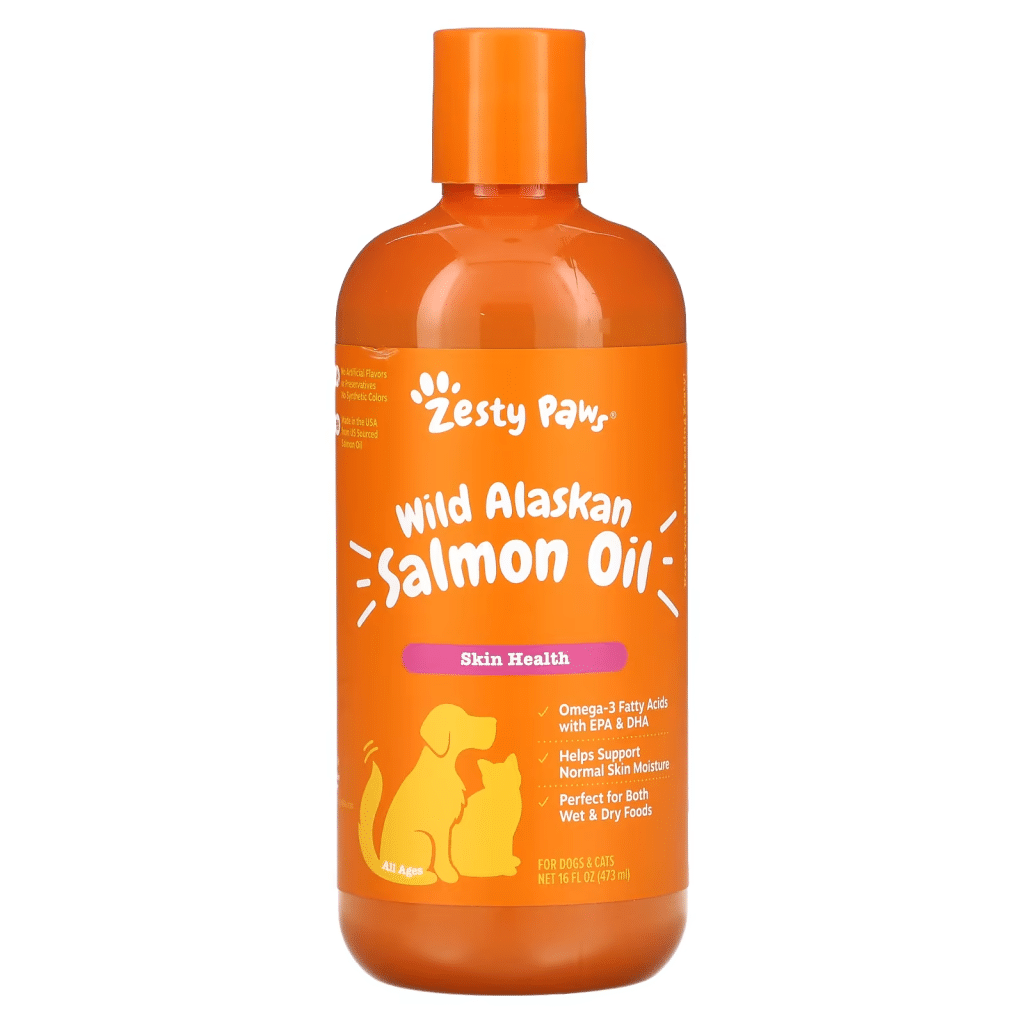
Source: google.com
Pros:
- DHA and EPA are two essential omega-3 fatty acids.
- The liquid formulation is straightforward to use.
- Aids to the health of the joints, hips, heart, and immune system.
- It’s made in America from wild-caught Alaskan salmon.
Cons:
- Strong fish odour
2. Vital Pet Life Wild Alaskan Salmon Oil
There are various advantages to using wild Alaskan salmon oil supplements for dogs and cats. It contains a lot of critical omega-fatty acids. Wild Alaskan salmon oil promotes healthy skin and coats, enhancing your pet’s overall nutrition. You no longer have to worry about your pet’s fur becoming dry or dull because salmon oil preserves it glossy and smooth, making them even more lovable!
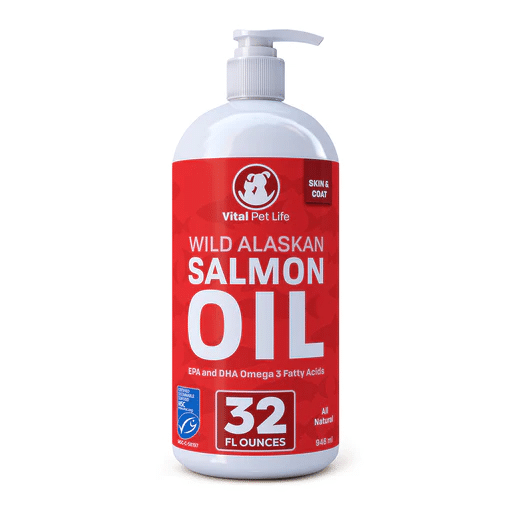
Source: google.com
Pros:
- One of the most affordable options on the market
- MSC (Marine Stewardship Council) accreditation for sustainability
- Ideal for a glossy coat
Cons:
- Some reviewers are concerned about a decline in product quality.
3. TerraMax Premium Omega-3 Fish Oil For Dogs and Cats
This liquid fish oil supplement contains omega-3 fatty acids derived from sardine, herring, anchovy, and mackerel. It is a pharmaceutical-grade formulation with at least 800mg of EPA and 525mg of DHA per serving.
This fish oil supplement has been molecularly distilled for purity and effectiveness, is mercury-free, and contains no detectable PCBs, heavy metals, or pesticides. It is natural and safe, derived from wild-caught fish caught primarily in Icelandic waters using sustainable fishing practices.
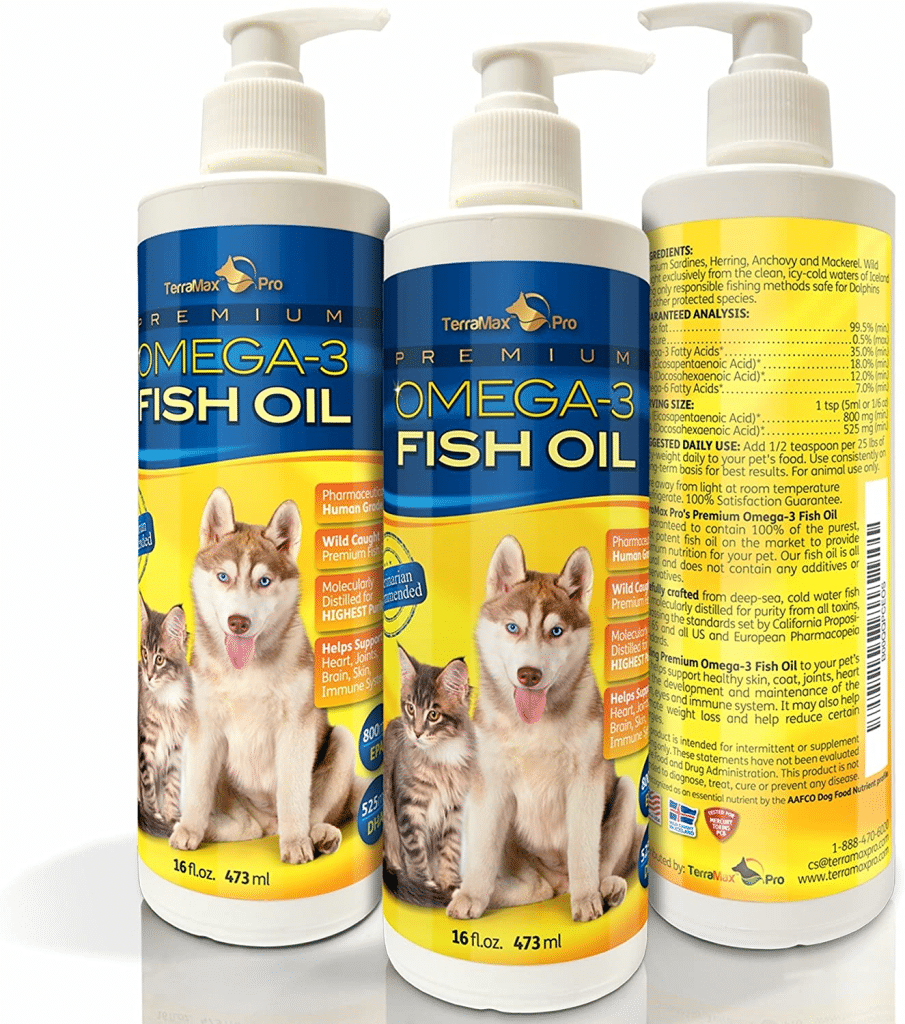
Source: google.com
Pros:
- Guaranteed amounts of EPA and DHA
- Natural and completely safe ingredients
- Included are premium sardines, herring, anchovies, and mackerel.
- There is no mercury, heavy metals, or pesticides in this product.
Cons:
- The pump may not function properly.
- Some reports of leaking bottles
4. Finest For Pets Omegease Omega-Rich Fish Oil Dog & Cat Supplement
This fish oil supplement contains wild-caught sardines, anchovies, herring, and mackerel and is available in a full bottle with a simple pump applicator. All the fish used in this supplement were caught sustainably in the North Atlantic’s pristine waters.
This omega-3 fish oil supplement is vital in DHA and EPA and easily mixes with your cat’s food, adding a tasty flavour. It soothes itchy, dry skin and reduces inflammation caused by allergies and joint pain. DHA may also be beneficial to heart and brain function.
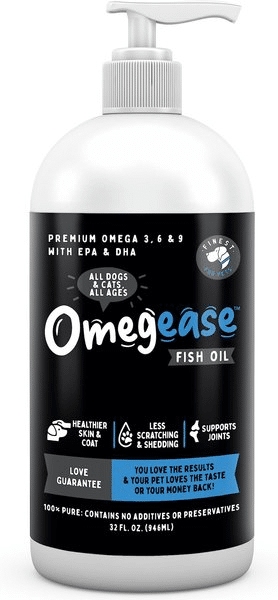
Source: google.com
Pros:
- There are three sizes to choose from, each with its pump applicator.
- Made with responsibly collected wild fish oil
- The levels of DHA and EPA are high.
- Oil from anchovies, sardines, herring, and mackerel
Cons:
- Some cats don’t enjoy the flavour.
- Smaller sizes are more expensive per ounce.
5. Nordic Naturals Omega 3 Pet Liquid Supplement For Cats
Third-party labs inspect and test this highly concentrated fish oil for quality and safety. It is only made from wild anchovies and sardines. Your cat’s skin, coat, joints, and heart will benefit from this supplement, which contains guaranteed quantities of DHA and EPA.
This Nordic Natural omega-3 supplement is packaged in a full glass bottle to ensure the product’s quality. It also comes with a handy dropper for easy administration; measure the appropriate quantity and drop it directly onto your cat’s food.
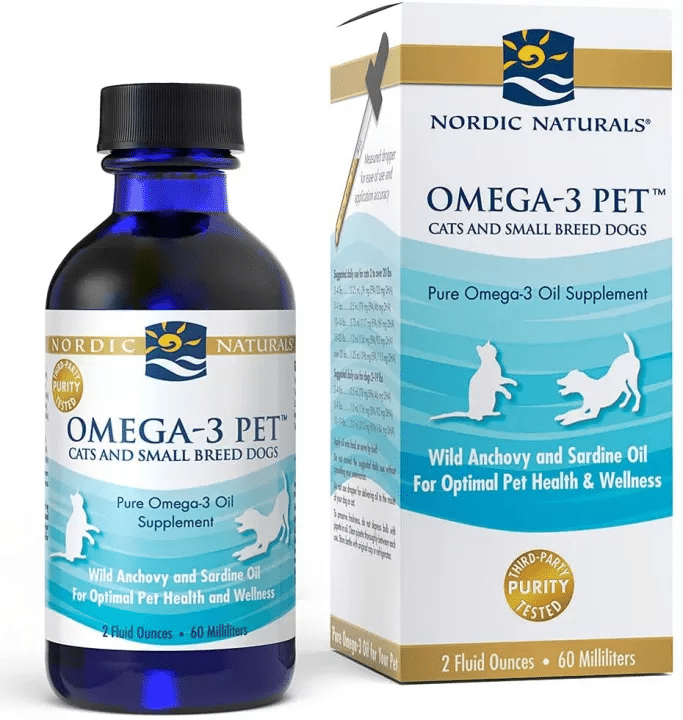
Source: google.com
Pros:
- The labelled eyedropper makes sound dosing simple.
- Contains only wild anchovies and sardines.
- It helps cats have healthy skin and coats.
- There are no artificial colours or tastes in this product.
Cons:
- There is a distinct fish odour.
- The bottle only holds two fluid ounces.
6. Deley Naturals Wild Caught, GMO-Free Omega 3 Fish Oil For Cats
This omega-3 supplement, prepared with 100% pure fish oil and no other ingredients, helps eliminate itchy skin, excessive shedding, and sore joints. The GMO formula also benefits your cat’s immune system and cardiovascular systems.
This liquid supplement contains a high concentration of omega-3 and omega-6 fatty acids and is derived from anchovies, mackerel, sardines, and herring taken in the pristine North Atlantic. It comes in a 16-ounce pump container with a money-back guarantee.
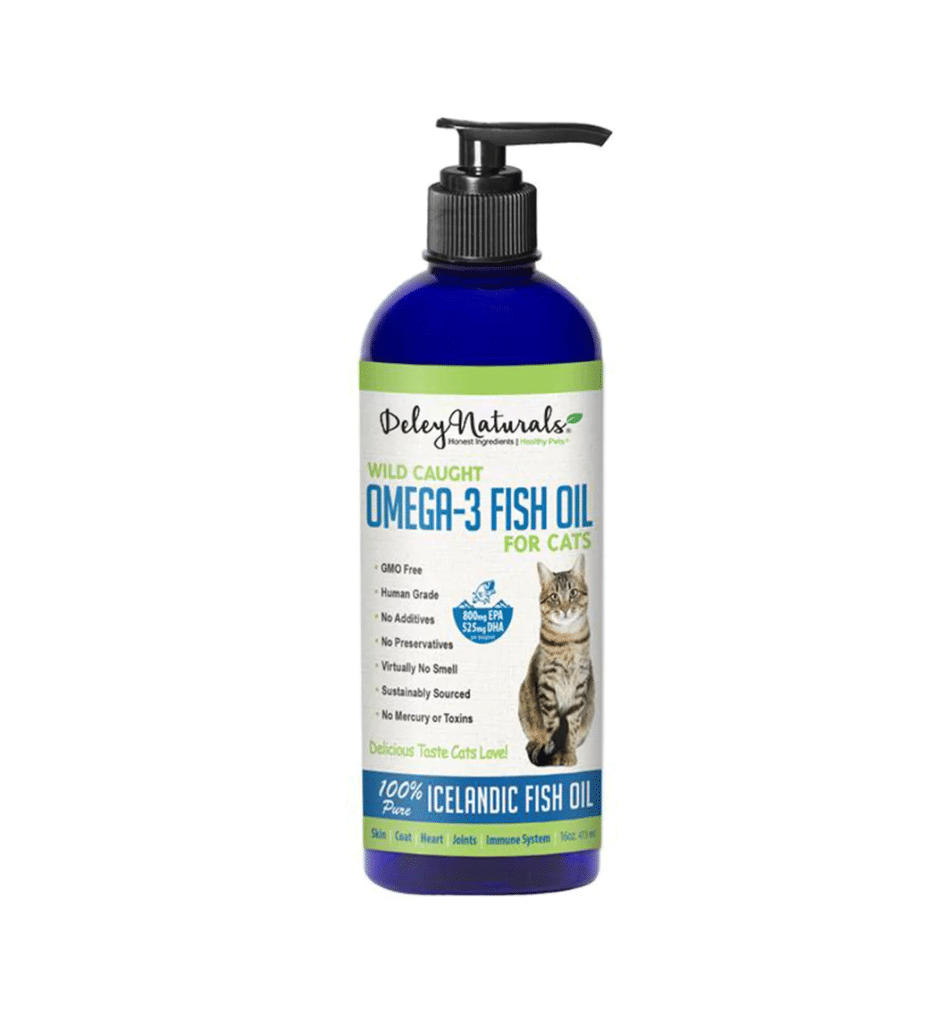
Source: google.com
Pros:
- It helps to reduce discomfort and excessive shedding.
- Omega-3 and omega-6 fatty acids are abundant.
- The key ingredients are anchovies, mackerel, sardines, and herring.
- There is a 100% satisfaction guarantee.
Cons:
- Cats with sensitive stomachs should avoid this product.
7. American Journey Wild Alaskan Salmon Oil Formula Liquid Supplement
This wild Alaskan salmon oil liquid supplement is reasonably priced and available in two quantities. It has no artificial colours, flavours, or preservatives. It is proudly created in the United States using all-natural ingredients such as wild Alaskan salmon and pollock, making it an excellent source of critical fatty acids such as DHA and EPA.
This American Journey fish oil supplement is formulated with a 51/49% blend of salmon and pollock oils to help your cat’s skin and coat health. It has an easy-to-use squeeze bottle design and a drip-free lid for straightforward administration.
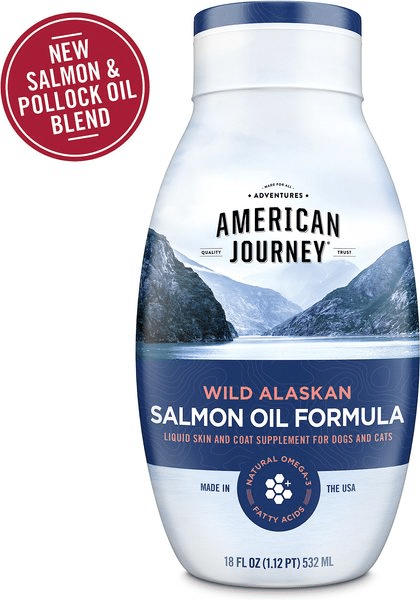
Source: google.com
Pros:
- Natural components made in the United States
- DHA and EPA are essential omega-three fatty acids.
- Squeeze the bottle with a drip-free lid
- Cats enjoy the rich fish flavour.
Cons:
- Squeeze design might be challenging for dosing.
- The fish odour is powerful.
8. Iceland Pure Pet Products Unscented Pharmaceutical Grade Salmon Oil
This omega-3 and omega-6 fatty acid supplement are created from a single natural ingredient: pure Norwegian salmon oil. Choose from three sizes, all of which come in an eco-friendly, non-toxic brushed aluminium bottle with a convenient pump.
This salmon oil supplement contains a high concentration of EPA and DHA, promoting healthy skin and hair and flexible joints in your cat. The mixture has been ultra-filtered to reduce fishy odours while preserving the natural fish flavour that cats like.
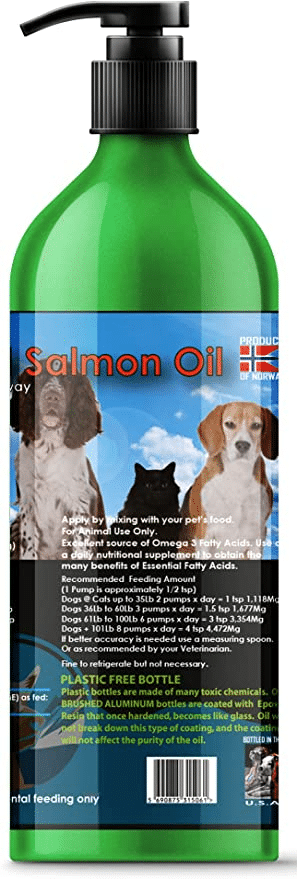
Source: google.com
Pros:
- It has been ultra-filtered to remove the fishy odour.
- Omega-3 fatty acids EPA and DHA are plentiful.
- The only natural ingredient was Norwegian salmon oil.
- It is a non-toxic and environmentally friendly brushed metal bottle.
Cons:
- There have been various complaints about the pump.
- The odourless mixture may put off some cats.
9. Free Form Snip Tips Fatty Acid Capsules For Small Dogs & Cats
This 60-count bottle of fatty acid pills contains assured quantities of DHA and EPA. Each meal is designed for cats weighing 5-14 pounds and contains 262 mg of EPA and 172 mg of DHA.
Although omega-3 capsules are more convenient than liquid pills, you can clip the capsule tip and squeeze the contents directly onto your cat’s food. These omega-3-rich capsules benefit your cat’s skin, eyes, joints, brain, heart, and kidneys.
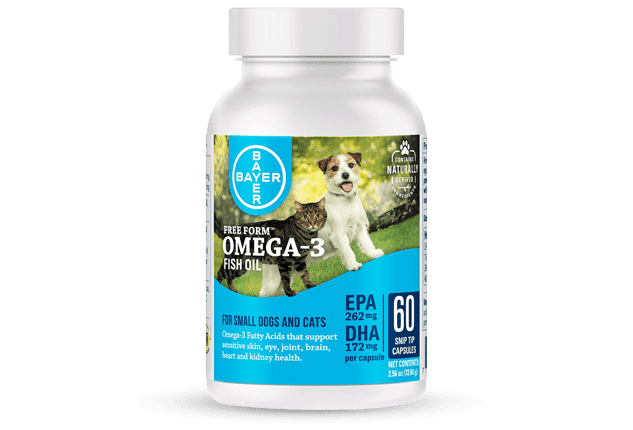
Source: google.com
Pros:
- The presence of DHA and EPA is guaranteed.
- Snip the liquid’s tip and administer
- Help your skin, eyes, joints, brain, heart, and kidneys stay healthy.
Cons:
- The source of the fish oil is unknown.
- Some cats may refuse to take pills.
10. GNC Pets Wild Salmon Cat Oil Cat
Natural oils such as salmon and sunflower make GNC Pets Ultra Mega Wild Salmon Oil Cat Supplement. It is designed to give your cat the necessary fatty acids for growth. This recipe is suitable for adult cats and may help certain felines shed.
It is high in omega fatty acids, precisely what you want in these goods. This formula also has a savoury fish flavour, so if your cat enjoys fish, it will love it.
This fish oil is the most excellent fish oil supplement for cats for the money, in our opinion. It is cheap, but it still provides everything your cat requires.
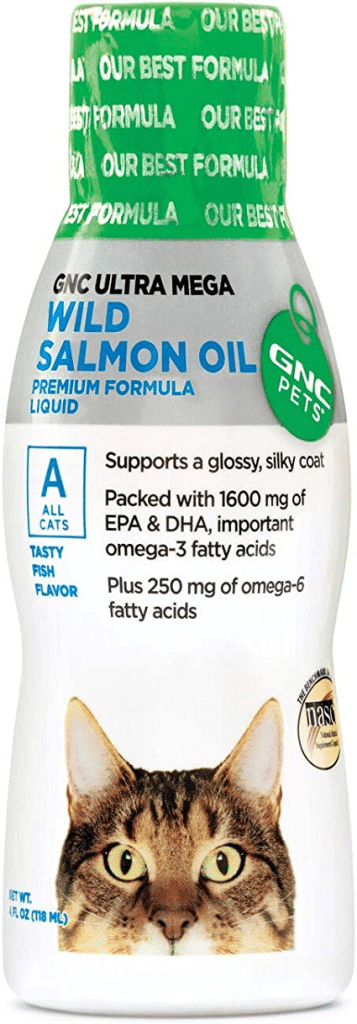
Source: google.com
Pros:
- Inexpensive
- Omega fatty acid-rich
- Natural oils were consumed.
- Controls shedding
Cons:
- Plant-based oils are used.
Why Should You Give Your Cat Fish Oil Supplements?
Cats, like humans, require a well-balanced diet that includes a sufficient quantity of essential fatty acids.
Your cat’s body cannot generate critical fatty acids on its own. Cats need omega-3 and omega-6 fatty acids, which they can get through food or nutritional supplements. Alpha-linolenic acid (ALA), eicosapentaenoic acid (EPA), and docosahexaenoic acid (DHA) are omega-3 fatty acids, while linoleic acid (LA) and arachidonic acid (AA) are omega-6 fatty acids (AA).
Omega 3 fatty acids support the body’s natural anti-inflammatory response while also boosting the skin and coat health. Anti-inflammatory omega-3 fatty acids can help cats suffering from common ailments such as arthritis, heart disease, renal disease, and other disorders.
The most acceptable sources of these fatty acids include cold-water fish such as salmon, tuna, sardines, bakala, and anchovies. Nonetheless, taking an omega-3 supplement is an excellent way to increase your cat’s daily intake of omega-3 fatty acids.
What Are The Benefits?
If you’re looking for a simple way to address an omega-3 deficiency or wish to support your cat’s health in other ways, a fish oil supplement could be a good option. Here are some of the benefits:
Vets recommend it: According to new studies, fish oil can help treat allergic skin diseases in pets and certain types of cancer. It is also recommended for inflammatory disorders such as arthritis, kidney, heart disease, inflammatory bowel disease, and diabetes, according to the VCA.
Anti-inflammatory qualities: Omega-3 fatty acids support the body’s natural anti-inflammatory response and can aid in treating various inflammatory diseases. Because DHA is essential for eye and brain development in kittens, providing fish oil to pregnant or nursing cats may help kittens usually develop. It also aids in the maintenance of cognitive function in older cats.
Lowers shedding: A diet high in essential fatty acids maintains a lustrous, healthy coat and decreases shedding. Controlling your cat’s shedding may have the added benefit of reducing hairball problems.
Itching relief: Omega 3 fatty acids maintain healthy skin and coats and are known to alleviate the symptoms of skin allergies in cats. They can also aid in treating dry skin and other reasons of itching and scratching.
The benefits of fish oil supplements increase in direct proportion to their quality. When purchasing omega-3 supplements for cats, look for pure, high-quality fish oil from a reputable supplier.
Avoid fish oil made from the cod liver since it frequently contains vitamin A, which can be dangerous to cats. Check the best by date because fish oil is highly oxidative, and you don’t want to give your cat a defective product.
How Much Fish Oil Should I Give My Cat Daily?
Because your cat’s demands vary depending on his food and concurrent medical conditions, there is no exact recommended dosage for fish oil. Dosing fish oil can also be problematic because different formulae contain varying quantities of EPA and DHA.
Conclusion
Fish oil is a good source of fatty acids for cats. Cats need more omega-6 fatty acids than omega-3 fatty acids, so supplementation with fish oil is a good idea. Some studies have shown that fish oil can improve the health of cats and their coats, but it is essential to read the supplements’ labels to ensure they are safe for your cat.
FAQs
Is fish oil better than salmon oil for cats?
Fish oil is a supplement that is rich in omega-3 fatty acids. It is often used to prevent cardiovascular diseases, improve joint health and promote healthy skin and coat.
One of the most common misconceptions about fish oil is that it can also be given to cats. However, fish oil supplements are not safe for cats because they contain high omega-6 fatty acids, which are unsuitable for their health.
Cats should always take a salmon oil supplement as it contains the right balance of omega-3 and omega-6 fatty acids and can be ingested without any worries.
Does fish oil help with cat hairballs?
Fish oil is a supplement used to treat numerous conditions in humans. It is used to help with cat hairballs.
The benefits of fish oil as a hairball remedy are not well known, but some studies have shown promising results. One study found that cat owners who supplemented their pets’ diets with fish oil had fewer hairball problems than those who did not.
The other study found that adding fish oils to the diet of cats can help reduce the number of hairballs and improve coat quality.
There are many different types and brands of fish oils on the market, but they all work similarly because they all contain omega-3 fatty acids, which are necessary for healthy skin and fur coats.
Which is better for cats, fish oil or salmon oil?
There are many fish oil brands on the market, but which one is better for your cat?
Fish oil is a type of omega-3 fatty acid that is found in fish. It has been used for centuries to improve health and well-being. Salmon oil, on the other hand, comes from salmon. Salmon oil is rich in omega-3 fatty acids as well as vitamin D and other nutrients that are beneficial for cats.
Fish Oil – Fish oil can be a good source of omega-3 fatty acids and vitamin D., But it has a higher risk of being contaminated with mercury or PCBs than salmon oil does. Additionally, some people believe that fish oils have a laxative effect which can cause diarrhoea.
Salmon Oil – Salmon oil has a lower risk of being contaminated with mercury or PCBs than fish oils do. But it doesn’t contain any vitamins as salmon does.
